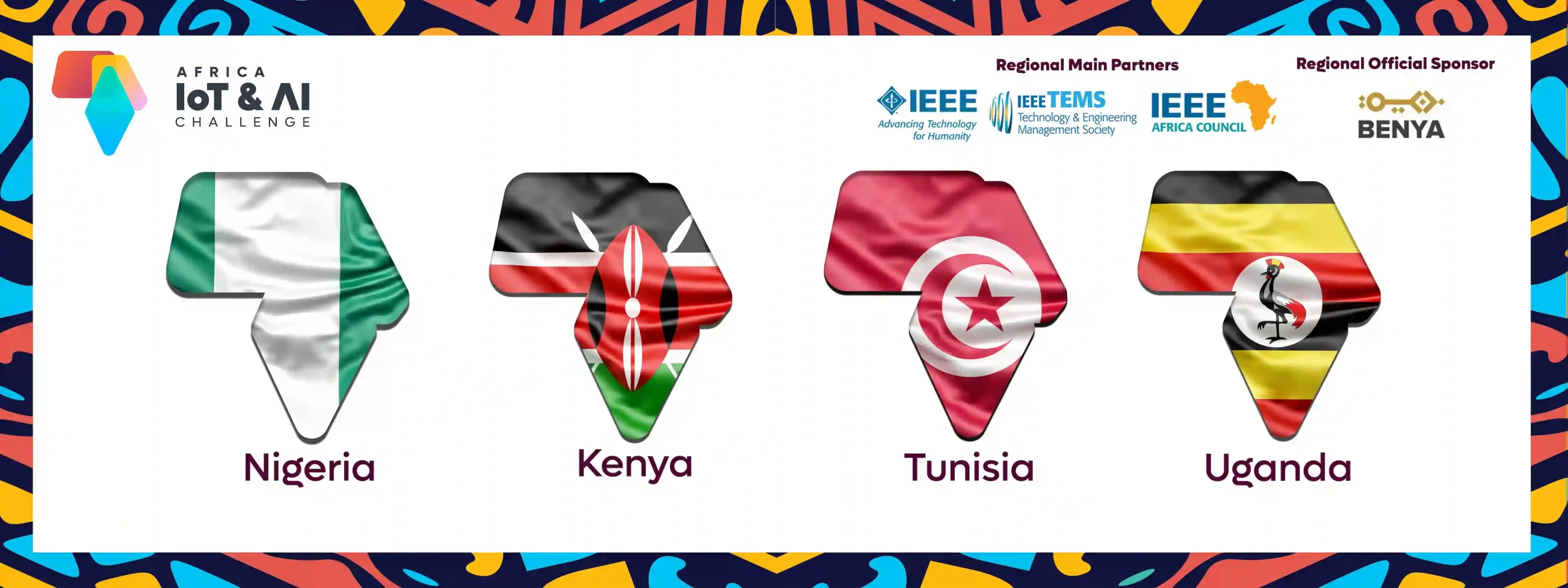Africa IoT & AI Challenge Opening Ceremonies In Four Countries
Africa IoT & AI Challenge Opening Ceremonies In Four Countries

Africa IoT & AI Challenge Opening Ceremonies In Four Countries
Thu, 15 Jul 2021
The Africa Internet of Things and Artificial Intelligence Challenge (Africa IoT & AI Challenge) officially kicked off in Nigeria on Saturday, July 10, followed by Kenya, Uganda and Tunisia on Thursday July 15, with the aim of expanding in the African continent to build the capabilities of qualified and young cadres in the field of technology and accelerate the process of digital transformation and alignment with the goal of uniting Africa digitally. The challenge is directed to the entire continent of Africa via the internet, and the challenge is working on physical activities in a number of countries in Africa including Egypt, Kenya, Morocco, Tunisia, Uganda, Nigeria, Ghana, Rwanda, South Africa, taking into account the possibility of participants joining the challenge activities from other countries.
Africa IoT & AI Challenge applies an innovative regional capacity building and a pre-incubation program model, which makes the challenge not just a competition but a digital transformation movement. The challenge goes through two stages, where participants compete on the local level, followed by regional finals in which winners from each country meet. The regional finals are held annually as part of the activities of the IEEE Global Conference on Artificial Intelligence and Internet of Things (IEEE GCAIoT).
With a vision towards developing an environment of innovation and entrepreneurship, Africa IoT & AI Challenge provides all the technical and logistical support to the participating youth starting from equipping them with advanced technical information in the fields of Internet of Things and Artificial Intelligence to supporting innovative projects and startups to be ready for investment. The program also established the ‘IoT & AI Knowledge Hub’, a knowledge complex that provides online workshops, lectures and online learning resources for the IoT & AI community in Africa. Through the hub, the participants learn from the success stories of African engineers and developers working in giant technology companies, and follow their steps to grow in their own careers.
With the support of different regional partners, the challenge represents a model of orchestrated efforts starting from the Institute of Electrical and Electronics Engineers (IEEE) as the challenge owner, in partnership with the challenge’s founding organizing partner WAKANDAI Ventures, Global Innovation and Entrepreneurship Company (GIE) and Ideaspace. This successful program received the consideration of prominent business entities including Benya Group, the leading digital solutions and ICT infrastructure provider in Egypt and the MEA region, FinTech pioneer, Banque Misr. The challenge also joins forces with a number of academic partners and universities in each country.
The challenge is organized in each country by a national committee that brings together a number of government and private agencies. Nigeria Challenge comes with the support of the Federal Ministry of Communications & Digital Economy, and National Information Technology Development Agency. In Kenya, the challenge comes with the support of Kenya National Chamber of Commerce and Industry (KNCCI) and Konza Technopolis, while Uganda challenge is sponsored by the Ministry of Information and Communications Technology and National Guidance, and National Information Technology Authority, with a number of universities such as Uganda Technology and Management University (UTAMU), Kampala International University, and Soroti University. In Tunisia, the challenge is organized by Novation City, a public-private program by the Ministry of Industry.
The challenge, which was launched in past May, comes in line with the global direction towards the exploitation of technology in various spheres of life, as the technologies of the Fourth Generation Industrial Revolution have transformed societies over the past 30 years; creating new opportunities to move towards a sustainable economic growth and achieving the goal of a united digital africa. These innovations also provide a large number of opportunities for less developed countries to take advantage of new and changing markets.
